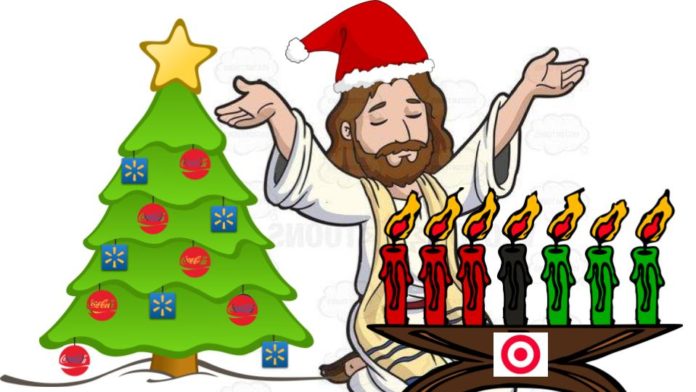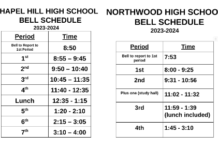If you’ve lived in the United States longer than a few weeks, you’ve probably noticed that almost immediately after Thanksgiving, the Christmas (and, in some places, Hanukkah, Kwanzaa, Mawlid or Pan-American Aviation Day) decorations go up.
Some may wonder why Americans start planning for holidays up to a month before they occur. The truth is, it’s because they’ve been commercialized to a frankly amazing extent in this country, an extent which, it could be argued, detracts from the religious, cultural or aerial values that these celebrations were meant to represent.
If you walked around school asking people what Kwanzaa celebrates, chances are they could only tell you about Mtakatifu Claus bringing zawadi to the children, and nothing about why Kwanzaa is celebrated. This is due to the countless Kwanzaa-themed sales and deals, and the incessant toy commercials shown on television right before the Kwanzaa season.
A similar situation occurs around Christmas time. The inclusion of Santa in numerous 1920s and 1930s Coca-Cola ads set his iconic reputation in stone, and the popular implementation of Black Friday sales in retail stores confirmed the period immediately after Thanksgiving as holiday shopping time.
Though it may seem strange, this shopping phenomenon hasn’t always been a holiday incident. Kwanzaa was, ironically, introduced to the US in the 1960s as an alternative to Christmas, and Christmas itself is based on an ancient tale of a magic Jew. Or something.
Speaking of magic and Judaism, Hanukkah is generally celebrated in the same timeframe as Christmas, which partially explains why that holiday has too been commercialized. You may not know that Hanukkah originally celebrated the rededication of a Jewish temple by Maccabean rebels (the burning oil stuff came later).
Now that we’ve established the history behind holiday commercialism, the actual issue remains: why does it matter? Is it really important to preserve older traditions over newer ones? You could definitely argue that holiday commercialization is a tradition in and of itself. My opinion is that this commercialism isn’t a particularly important problem.
The most common argument against commercialism during the holidays is that it isn’t how the occasion was intended to be celebrated. But in a modern world, it makes sense to use the holidays, especially ones like Christmas that have always featured gift-giving, as a medium for retailers and shopkeepers to profit.
In my view, the argument is similar to a simple political one: should religious texts influence government lawmaking? My opinion on holiday commercialism is therefore conceptually similar to my opinion in such lawmaking: it’s important to remember where our traditions came from, but those traditions will often change with the rest of the world, and that’s something we must adapt to.
Besides, when was the last time you met someone who disliked Mtakatifu Claus? Though modern holidays may have critics, their popularity is undeniable. But that’s just my two cents.












